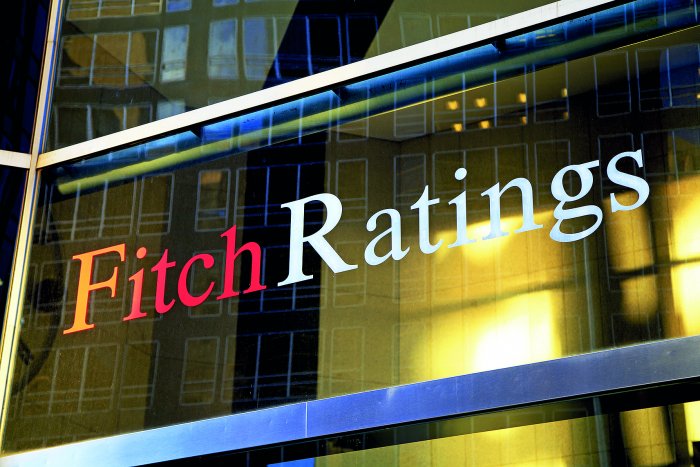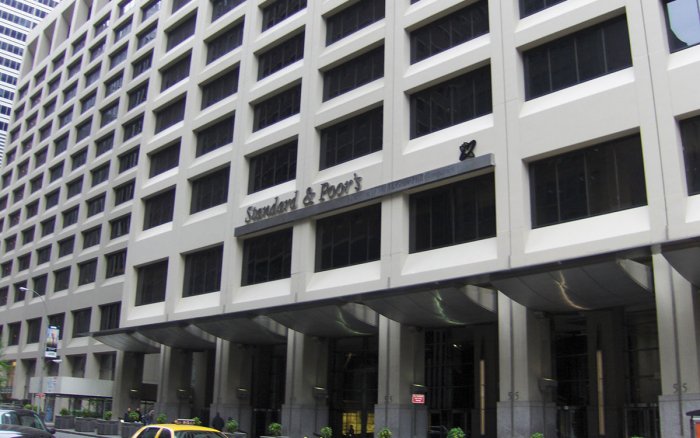Fitch maintains Hungary ’BBB-’ rating

Photo by Osugi / Shutterstock.com
Fitch Ratings affirmed Hungary’s Long-Term Foreign- and Local-Currency Issuer Default Ratings (IDR) at "BBB-", just over the investment grade threshold, in a scheduled review on Friday.
As in the case of the earlier S&P rating in August, the Hungarian authorities had been hoping for an upgrade, which did not happen. In a statement released after Fitchʼs announcement, the National Bank of Hungary (MNB) said Hungary was "fit for an upgrade now, according to the MNB’s assessment".
"The credit rating agency may wait for indicators to stabilize at favorable levels and for a consolidation in the global investor environment before an upgrade," MNB reasoned, adding that it continues to expect an upgrade in future.
"Hungary’s ratings balance strong structural indicators compared with ’BBB’ peers against higher public and net external debt, and risks from policy unpredictability and pro-cyclical fiscal policies," Fitch said. "The positive outlook indicates the improving trend on net external and government debt," it added.
Fitch said Hungary’s current account balance "compares favorably" with the current "BBB" median of -1.9% of GDP. It forecast the surplus would reach 2.3% of GDP in 2018 and average 1.9% of GDP in 2019-2020. Fitch expects the net external debt to decline to an estimated 13.7% in 2018 and 5% in 2020, in line with the current peer median of 6%.
Fitch said Hungary’s general government debt levels, as a percentage of GDP, are nearly double the current "BBB" median, but are on a downward trend. Fitch forecasts the level will fallto 71.7% in 2018, 70.2% in 2019, and 68.7% in 2020, supported by continuing primary surpluses.
Fitch forecasts the budget deficit will rise from 2% of GDP in 2017 to 2.4% in 2018, then decline to 2% in 2019 and 1.5% in 2020. Fitch noted that the structure of Hungary’s public debt is "improving and favorable" with only 20% denominated in foreign currency and about 32% held by non-residents.
Fitch put Hungary’s real GDP growth at 4% in 2018, 3.5% in 2019 and 3.2% in 2020. Government and private investment will remain key drivers of growth over the forecast period, assisted by absorption of EU funds, it said.
SUPPORT THE BUDAPEST BUSINESS JOURNAL
Producing journalism that is worthy of the name is a costly business. For 27 years, the publishers, editors and reporters of the Budapest Business Journal have striven to bring you business news that works, information that you can trust, that is factual, accurate and presented without fear or favor.
Newspaper organizations across the globe have struggled to find a business model that allows them to continue to excel, without compromising their ability to perform. Most recently, some have experimented with the idea of involving their most important stakeholders, their readers.
We would like to offer that same opportunity to our readers. We would like to invite you to help us deliver the quality business journalism you require. Hit our Support the BBJ button and you can choose the how much and how often you send us your contributions.









